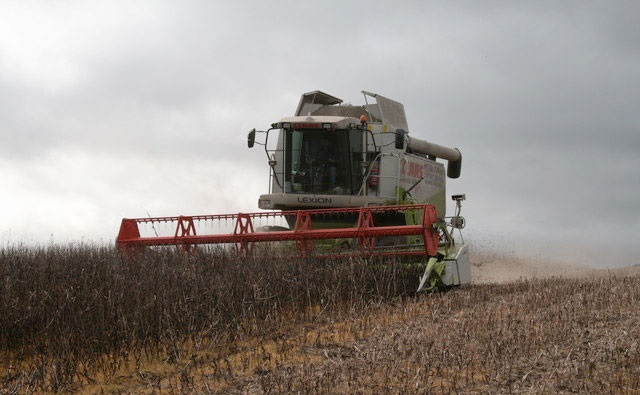
Farmers and growers have been warned that they must be up-to-date on employment rules for agricultural and horticultural workers following the abolition of the Agricultural Wages Board, farm groups have said.
The widely publicised abolition of the Agricultural Wages Order (AWO) means that the national minimum wage will apply from 1 October for agricultural workers, but further technical details are still being awaited as to how this will work in practice warns BTF Partnership.
Colin Hall partner at BTF Partnership and Director of the 50 Club Horticultural Employers’ Association comments: “The implications of AWO abolition on individual employees will depend entirely upon the status of the employee at the time and the contractual terms applying to him/her. It is likely existing employees engaged prior to 1 October 2013 with no specific contractual provisions reserving the right to amend following AWO abolition will broadly continue with the same entitlements. For others, however, such as those more recently employed with a specific contractual provision reserving the employer’s right to amend their contractual terms following abolition of the AWO, or those employed on or after 1 October 2013, the implications are greater.”
Colin Hall concludes: “Employers need to be careful between now and 30 September 2013 that any employees taken on receive a contract of employment that makes it clear what their entitlements are and review any existing contracts and seek advice if in doubt.”
Plans to abolish the board were drawn up by a statutory panel announced by the government in July 2010, but Shadow farm minister Huw Irranca-Davies said it will be a blow to the agricultural economy.
"The Government admits that the abolition of the Agricultural Wages Board will take £240 million out of the pockets of farm workers over the next ten years.
"David Cameron’s out of touch government has delivered a bitter blow to the rural economy... People in the countryside need a One Nation plan to create jobs and growth, not this Government’s approach that leaves our lowest paid workers out of pocket."
But NFU Deputy President Meurig Raymond said: "The AWB, while appropriate in the era it was established, has now been superseded by modern-day developments such as the national minimum wage.
"Agriculture is the last remaining industry to have a wages board, leaving it totally out of step with the rest of the UK workforce, including others in the rural economy. This makes the decision to abolish it right and proper and will bring agriculture alongside other 21st century industries.
"It is vital members are aware that the Agricultural Wages Order continues until September 30 before being replaced by wider employment legislation and the national minimum wage from October 1.
“Critically, employers also need to acknowledge that the terms and conditions for farm workers employed before October 1 are likely to remain unchanged after Sept 30, given the AWO constitutes a pre-existing contract for current employees,” he added.
“Before any changes are made to terms and conditions of employment, the employer will need to negotiate with the employee and gain their formal agreement, following the correct procedures.”
Raymond also underlined the progressive steps that industry is finally able to take.
“Without the restrictions of the AWB, we now have the opportunity for workers and employers to look more widely at the total employment package. From October, we can go beyond the basic hourly rate and consider skills, training, and salaries as negotiations between individual workers and individual businesses are set to become the norm.
“We are committed to providing key indicators and business guidance to help support the agricultural and horticultural industry as it makes the transition to practices that are standard in every other sector of the economy, such as wage negotiations and appraisals."
